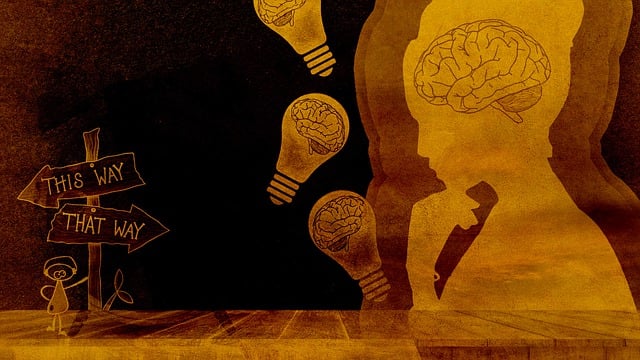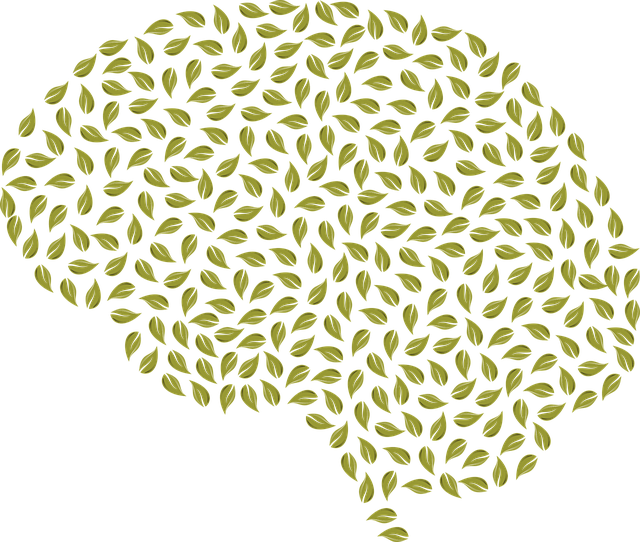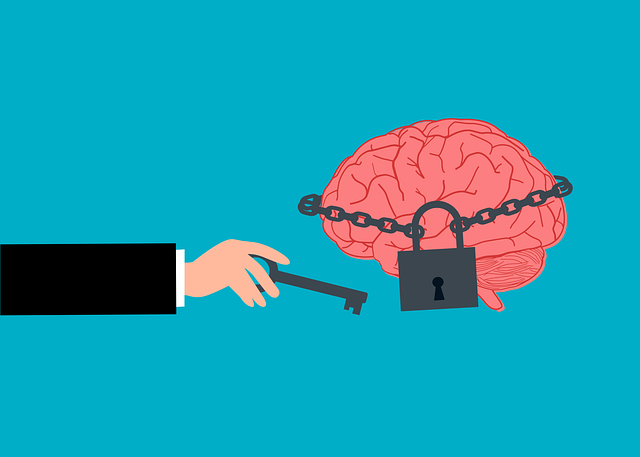For teen victims of domestic violence, cultural competency training is vital for healthcare providers. This equips professionals to offer sensitive, tailored support addressing stigma, family dynamics, and beliefs around disclosure. By integrating mood management strategies within a supportive framework, teens build inner strength, develop coping mechanisms, and achieve positive mental health outcomes. Implementing robust cultural competency programs through workshops, simulations, trauma-informed care frameworks, and online guidelines enhances care delivery for adolescent teens facing domestic violence.
“Enhancing healthcare services for teen victims of domestic violence requires cultural competency training for providers. This article explores the significance of understanding cultural nuances in treating adolescents, focusing on how culturally sensitive approaches improve interactions between healthcare providers and young survivors.
We delve into effective strategies and resources for implementing programs that foster cultural competency, ensuring better outcomes for those seeking therapy for adolescent teens affected by domestic violence.”
- Understanding Cultural Competency in Healthcare for Teen Victims of Domestic Violence
- The Impact of Culturally Sensitive Training on Provider-Teen Interactions
- Strategies and Resources for Implementing Effective Cultural Competency Programs
Understanding Cultural Competency in Healthcare for Teen Victims of Domestic Violence

For teen victims of domestic violence, receiving effective healthcare involves a deep understanding of cultural competency. This means healthcare providers must be attuned to the unique needs and experiences of adolescents who have endured trauma, often in diverse cultural contexts. Such training equips professionals with the skills to offer sensitive support tailored to each individual’s background, ensuring that therapy for adolescent teens experiencing domestic violence is both accessible and culturally responsive.
Cultural competency training delves into crucial aspects like recognizing and challenging the mental illness stigma, understanding family dynamics, and respecting diverse beliefs around disclosure and healing. This holistic approach fosters an environment where teen victims can build inner strength and develop coping mechanisms. By integrating mood management strategies within a supportive framework, healthcare providers can empower these young people to navigate their experiences with resilience, ultimately contributing to positive mental health outcomes.
The Impact of Culturally Sensitive Training on Provider-Teen Interactions

Cultural competency training plays a pivotal role in shaping the interactions between healthcare providers and adolescent teens, especially those from diverse backgrounds grappling with domestic violence. By equipping professionals with the skills to understand and respect cultural differences, such training fosters a more inclusive and empathetic environment. This is crucial as teenagers open up about their experiences of trauma, abuse, or mental health struggles.
When healthcare providers are sensitive to cultural nuances, they can offer tailored therapy for adolescent teens, incorporating relevant coping mechanisms and journaling exercises. The focus on empathy building strategies and conflict resolution techniques enables professionals to navigate complex situations more effectively. This not only enhances the quality of care but also encourages teens to engage in mental wellness activities, ensuring their overall well-being is addressed holistically.
Strategies and Resources for Implementing Effective Cultural Competency Programs

Implementing effective cultural competency programs within healthcare settings requires a strategic approach and access to robust resources. One key strategy is to integrate cultural competency training into the existing educational curriculum for medical professionals, including nurses, doctors, and therapists. This can be done through workshops, simulations, and case studies that reflect diverse cultural scenarios, ensuring practitioners are equipped to provide empathetic care.
Utilizing trauma-informed care frameworks is another effective strategy, especially when addressing issues like domestic violence affecting adolescent teens. Resources such as online platforms and professional associations offer guidelines for risk assessment and trauma support services tailored for mental health professionals. These tools enable healthcare providers to recognize cultural cues, navigate complex conversations around sensitive topics like domestic violence, and facilitate emotional healing processes in a culturally responsive manner.
Cultural competency training is a vital tool in enhancing the quality of healthcare provided to adolescent teens experiencing domestic violence. By equipping healthcare providers with the knowledge and skills to navigate diverse cultural contexts, we can significantly improve interactions and outcomes for these vulnerable individuals. Through culturally sensitive approaches, as highlighted in this article, therapists and support staff can foster trust, ensure better engagement, and offer tailored therapy for adolescent teens caught in the cycle of domestic violence. Implementing effective cultural competency programs is a step towards revolutionizing healthcare delivery, making it more inclusive and accessible to all teens seeking help.










